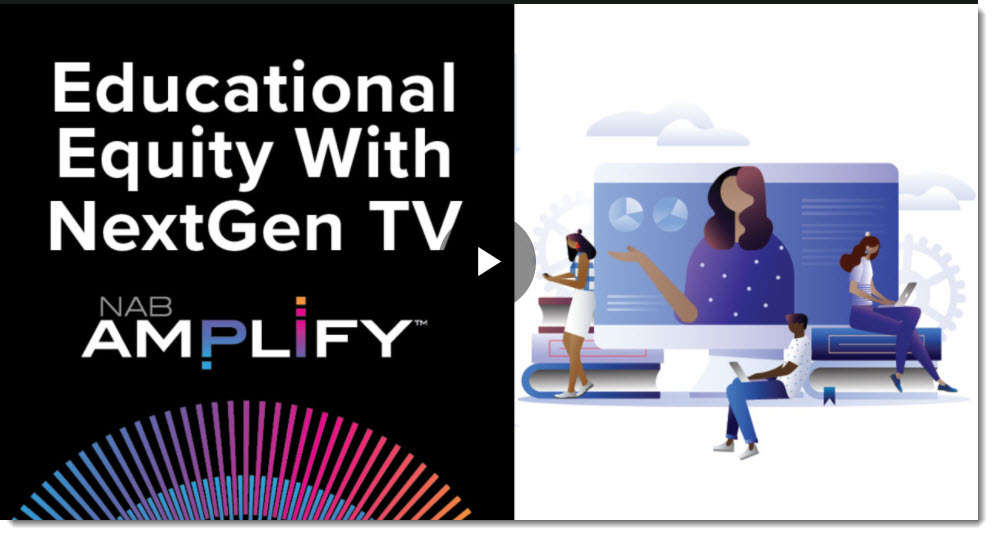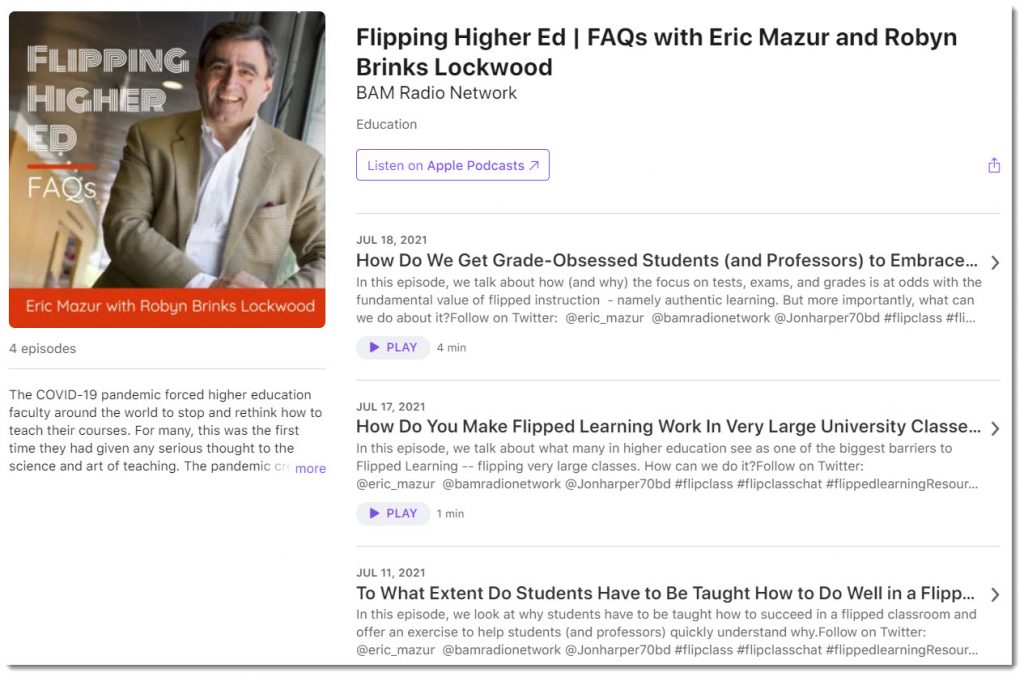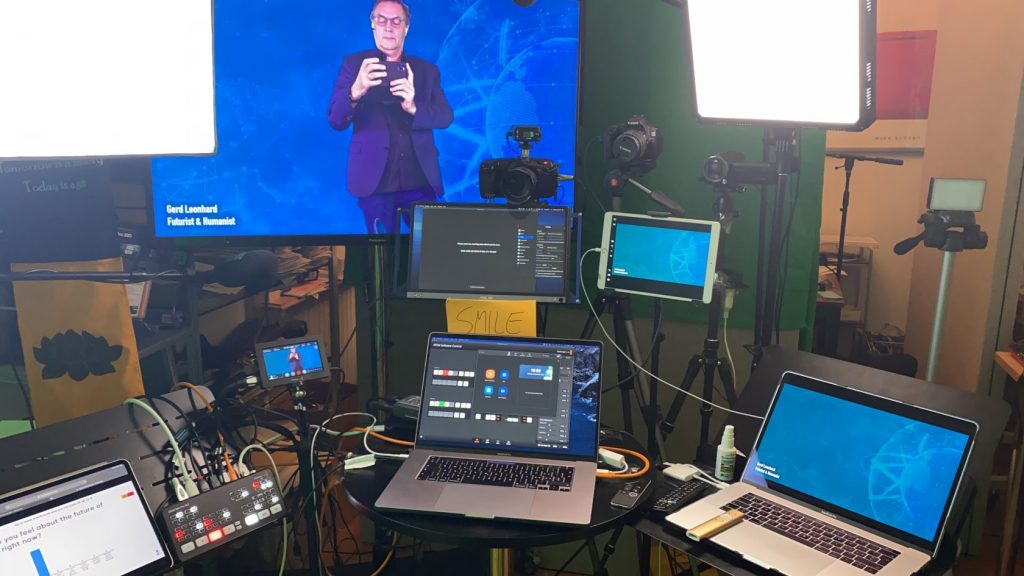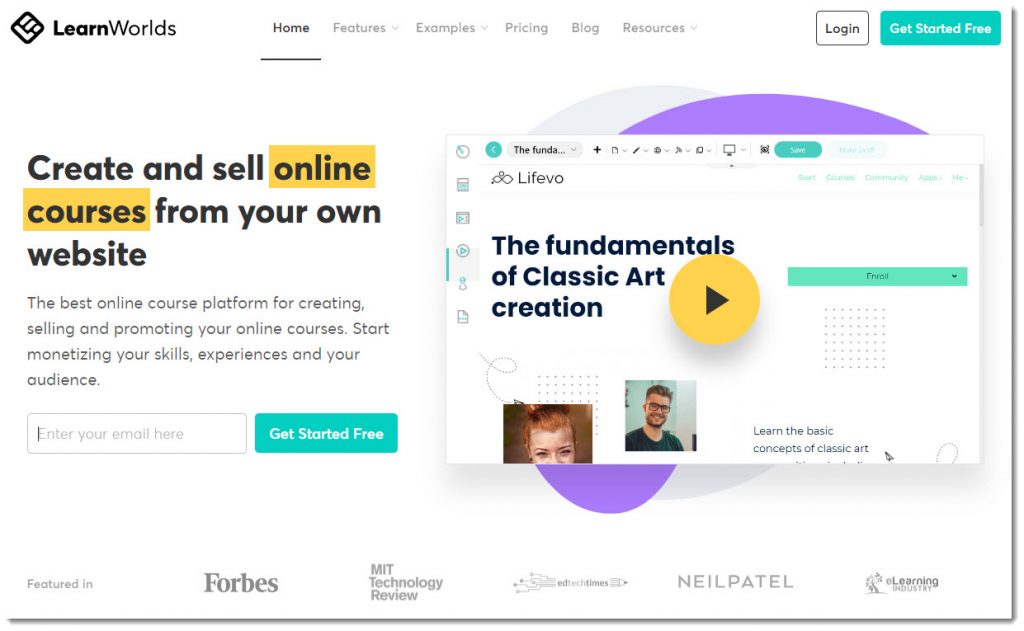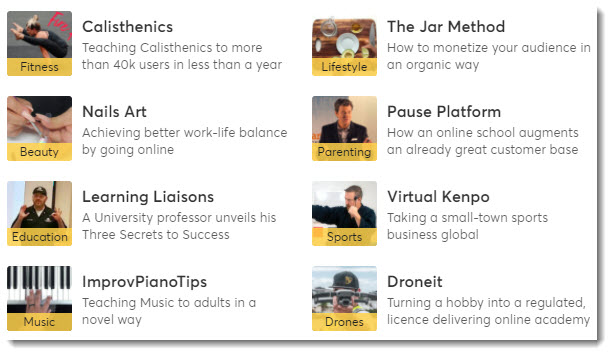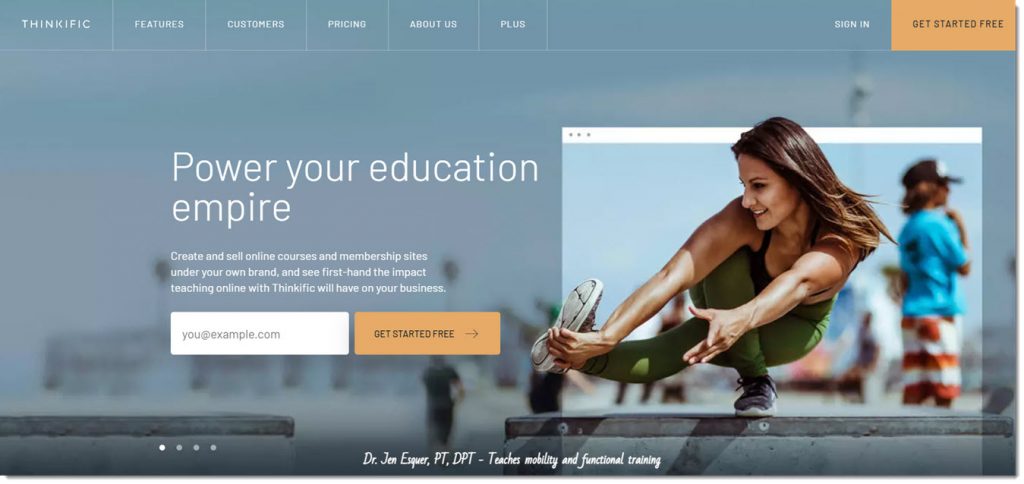We Wondered If NFTs Could Change Education, So We Decided to Sell This Article on the Blockchain — from edsurge.com by Jeffrey R. Young
Excerpts:
These digital tokens can essentially contain digital contracts outlining the rights on how the buyer and creator can use the work in the future.
Here’s where the smart contract part of NFTs comes in: If the person who buys one of Aguirre’s NFTs decides to sell it in the future, Aguirre gets a cut of that secondary sale—a 10 percent royalty that’s automatically paid back to her virtual wallet. In fact, she will get a royalty every time one of her NFTs are resold, even if that happens years later.
…
For an artist, that’s a revolutionary shift in how much control and compensation can be gained from a piece of creative work.
From DSC:
At a bare minimum…this is a highly relevant and interesting article for those involved with the legal realm as well as those involved with the worlds of education and publishing. For example, in terms of law schools, those professors who are involved with teaching property and/or contracts may want to pay extra close attention to the topic of this article.
And for Subject Matter Experts (SMEs) of all shapes and sizes, listen to this item from Mark Cuban:
“The next best application is textbooks,” he responded to my email query. “They allow digital textbooks to be easily resold but more importantly they allow publishers and authors to collect royalties for every resale. Forever.”
But it doesn’t stop there, as you can tell from this article:
For those interested in this topic, also check out:
- Could NFTs Play a Role in Education? — from edsurge.com by Jeffrey R. Young










